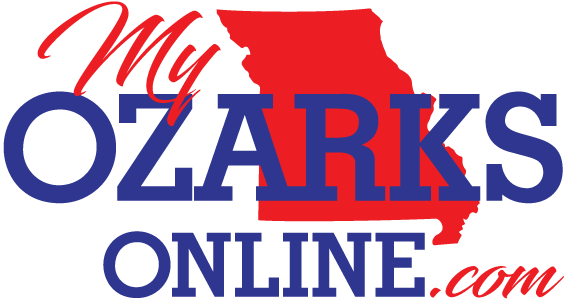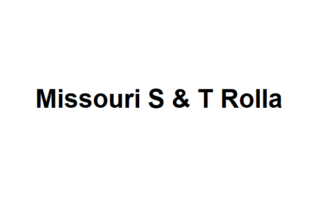Beware tax scams

With tax scams drawing many reports on BBB Scam Tracker every year, Better Business Bureau (BBB) advises consumers to be aware of the potential for fraud as they collect W-2 forms from their employers and prepare to file returns.
Rushing to file could be a mistake, especially if you have a complicated return. BBB advises consumers to check a tax preparer’s BBB Business Profile first and to watch out for pitfalls that trip up taxpayers every year. Make sure you have all relevant documents — not only W-2 forms, but 1099 forms, for example — before you file.
Some tax preparation companies are open for only a few months every year, and it can be hard to track the preparer down if there are problems with your return. Last year, consumers filed more than 1,700 complaints with BBB about tax preparers, citing delays in getting refunds, poor service from preparers or tax preparation offices that shut down abruptly.
Not all tax preparers are created equal, so it’s important to check their qualifications. Ask what certifications they hold, how long they’ve been preparing taxes, and what will happen if the Internal Revenue Service rejects or challenges your return. While most tax preparers are reputable and care about customer service, some are not.
Some tax preparers may offer you a check or debit card rather than wait for the IRS to mail your refund. BBB advises consumers that these are typically loans, sometimes with hidden fees and interest rates of 50 to 500 percent. In most cases, tax refund loans give consumers their refund no more than a few days faster than the IRS, which can deposit refunds in your bank in as few as 10 days. If a preparer makes a mistake in calculating your refund, borrowers may have to pay back the loan plus any fines and fees.
In addition to complaints about tax preparers, consumers report tax-related scams to BBB as well. BBB Scam Tracker received about 800 reports of such scams in 2020. One St. Louis consumer reported losing $500 when a caller promised to help handle the consumer’s unpaid taxes for a $500 fee; the caller also extracted the consumer’s bank account information as part of the scheme.
The IRS has issued warnings about online and telephone schemes that can steal taxpayers’ identities. The IRS doesn’t initiate contact with taxpayers by email or phone, and it won’t request personal or financial information or inform you of an audit that way.
Scam emails may say that there’s an issue with a refund, that the taxpayer is being audited or there’s a delay in processing the tax return. Links in the emails usually go to a scammer’s website, which asks victims to enter Social Security numbers, bank account or credit card information, all red flags for fraud. The site could automatically install viruses or other malicious software on victims’ computers or steal your identity.
The IRS says taxpayers should suspect identity fraud if they receive a letter from the IRS saying that more than one tax return was filed for them or if the letter states that you received wages from an employer you don’t know. Someone may have obtained your Social Security number and used it to file a return in an attempt to get your tax refund before you do. If this happens, you likely will have to file your return on paper, and you may need to visit an IRS office to resolve the problem.







